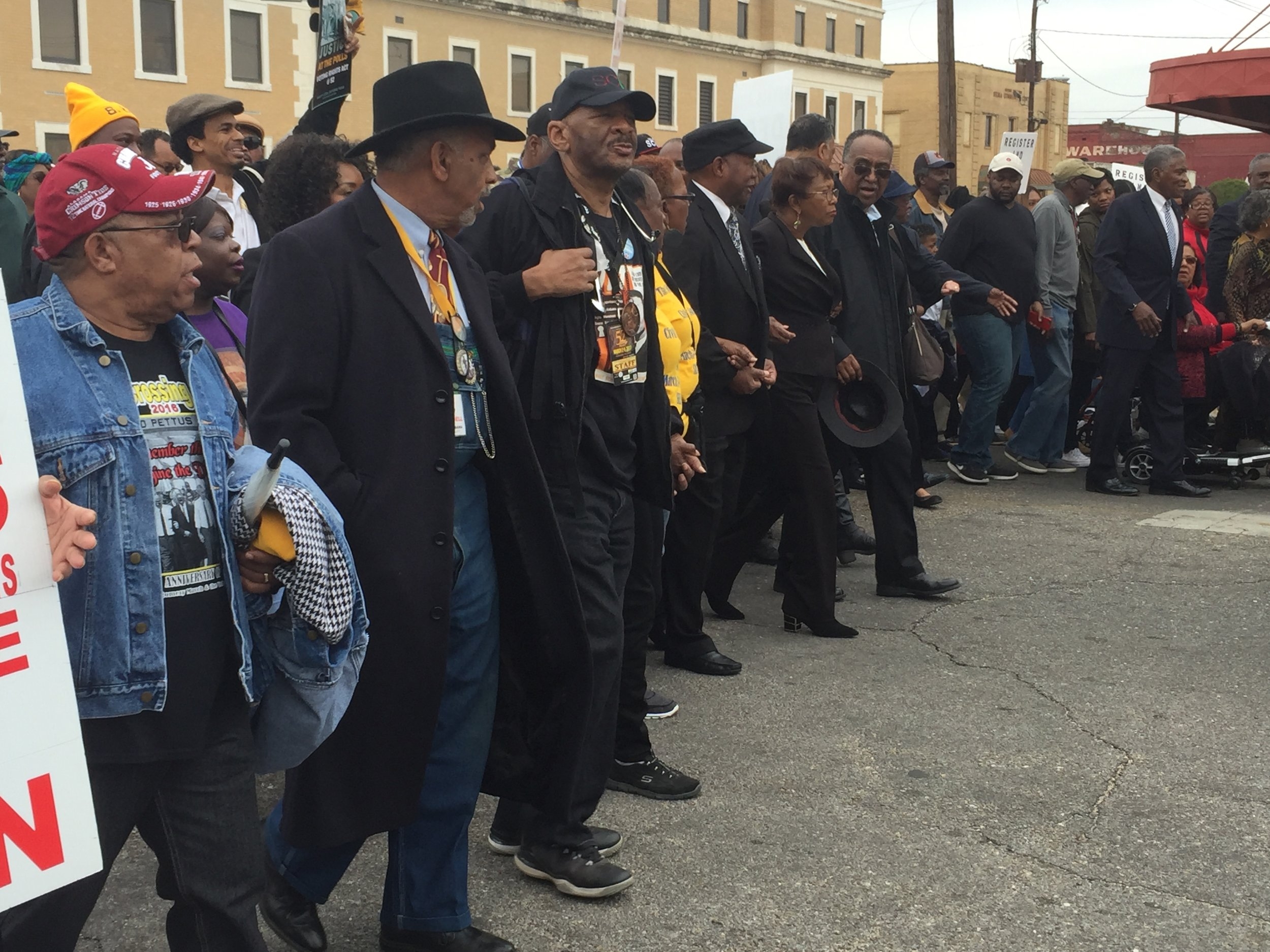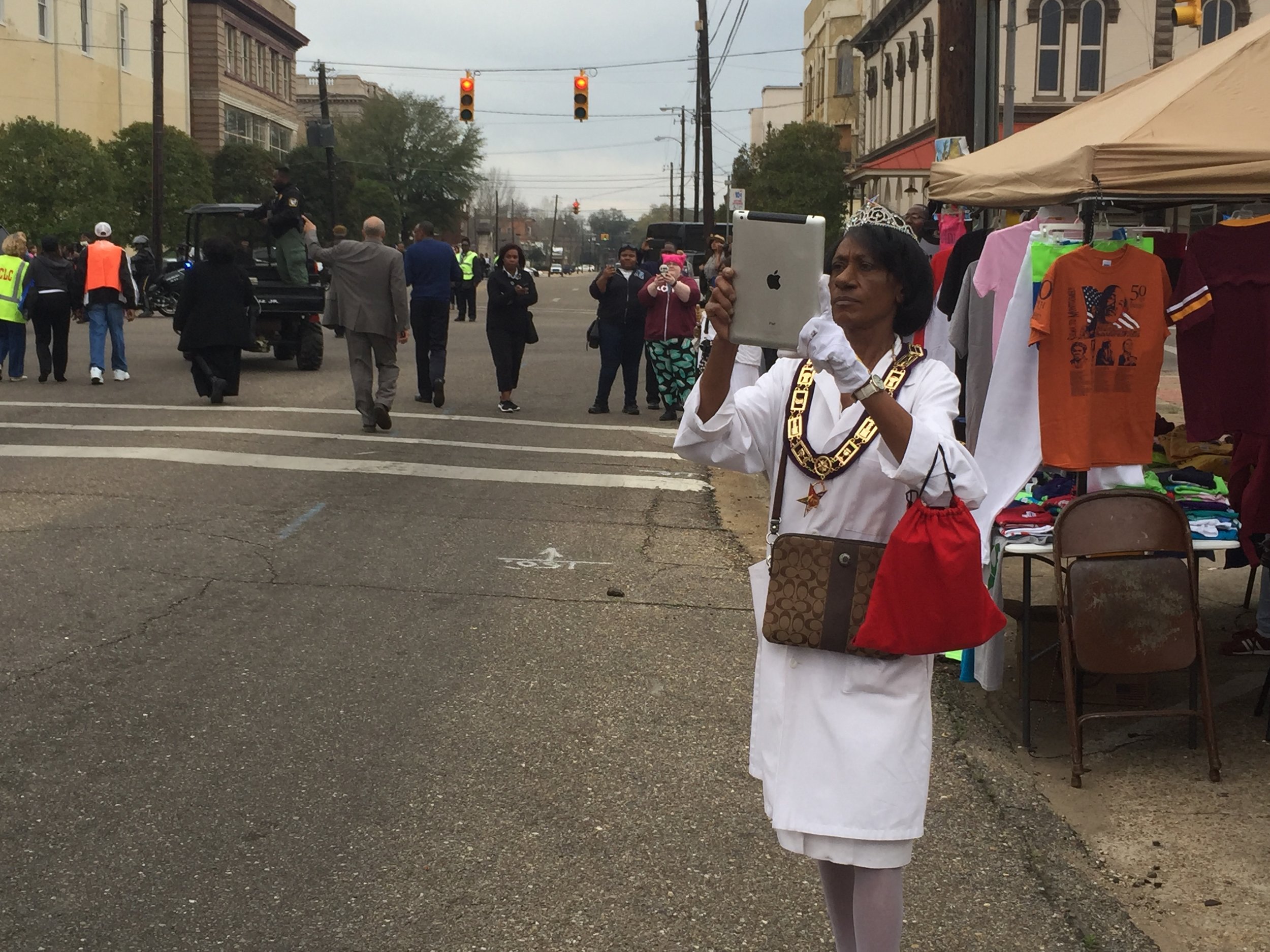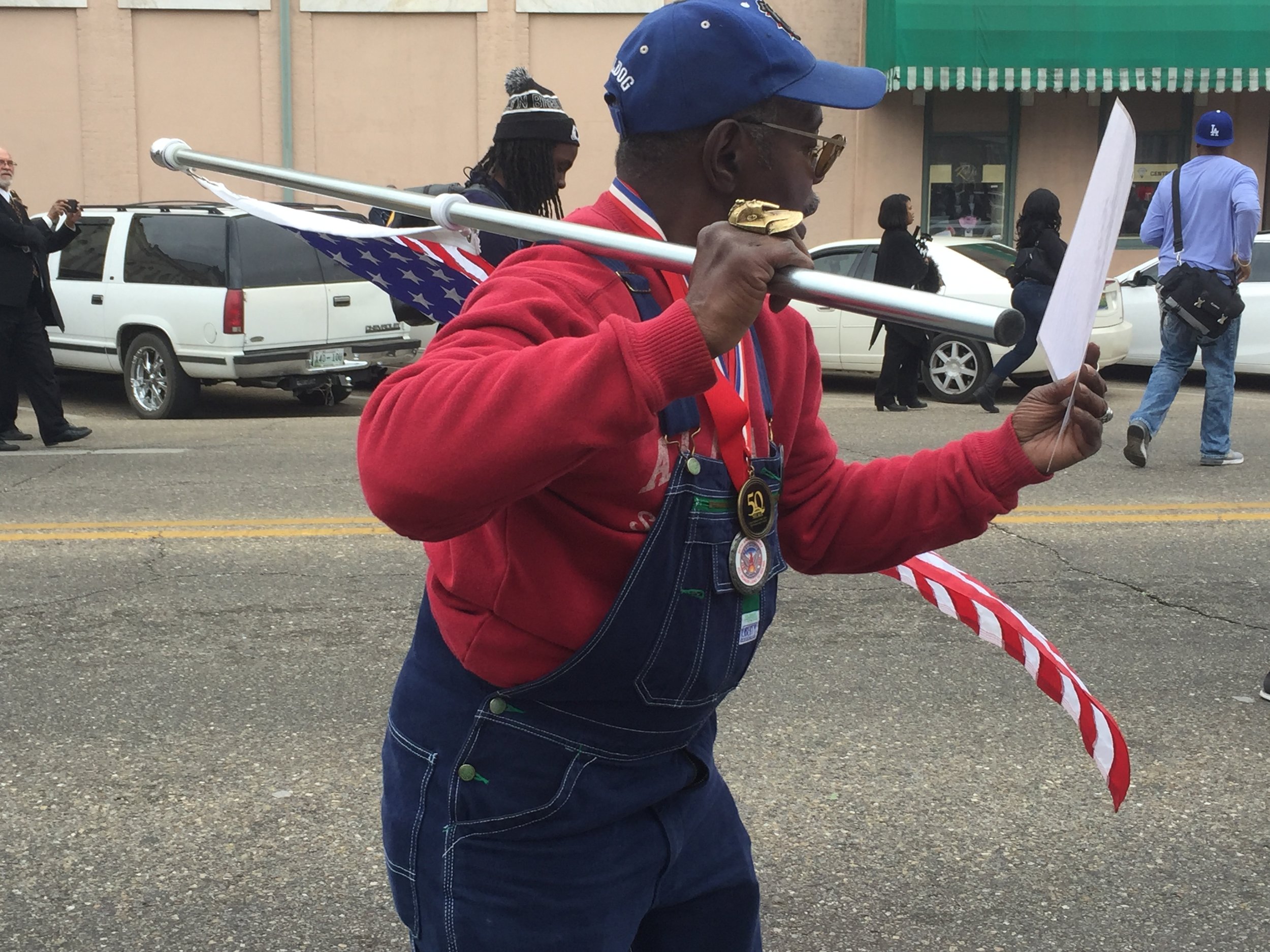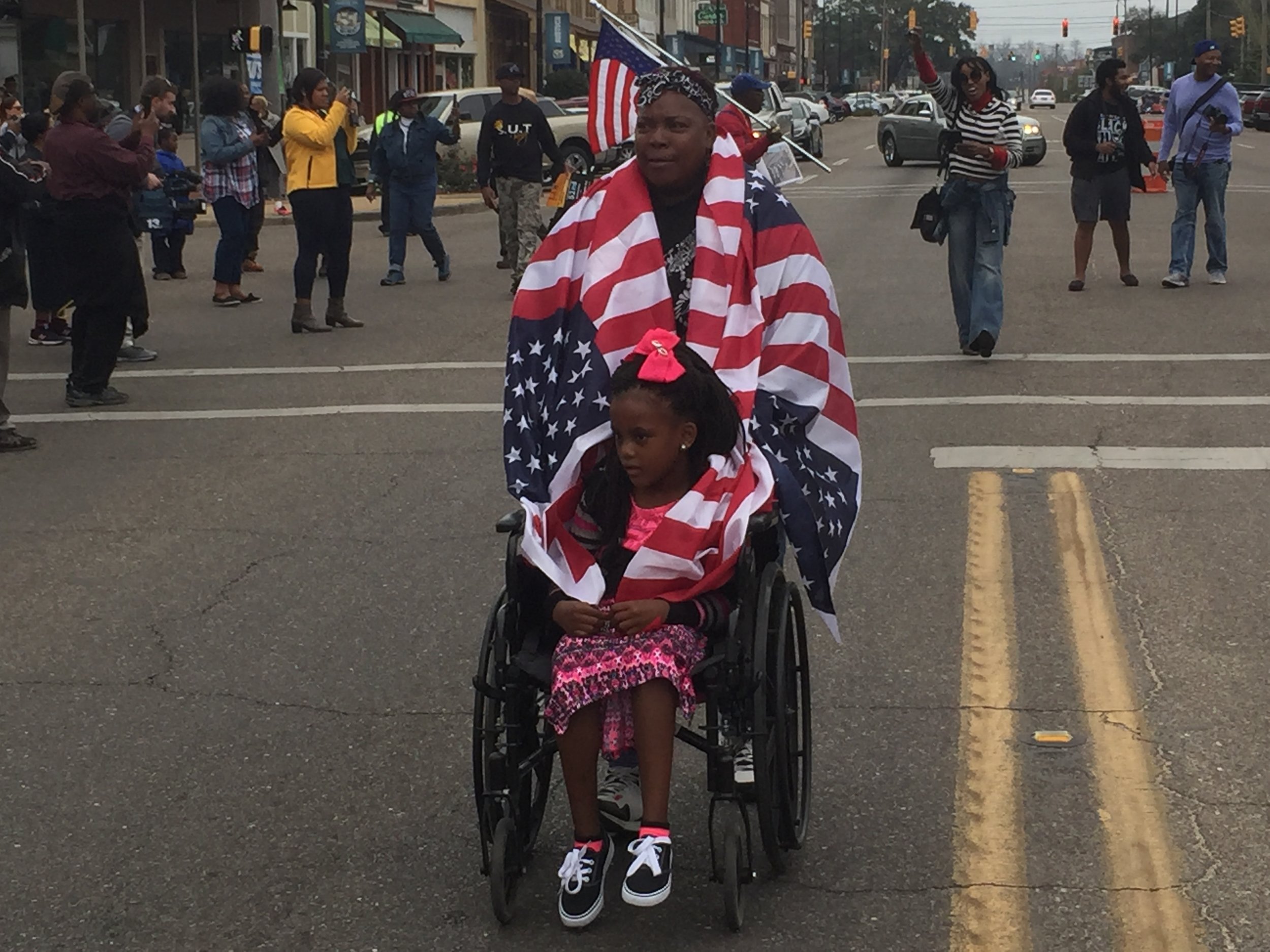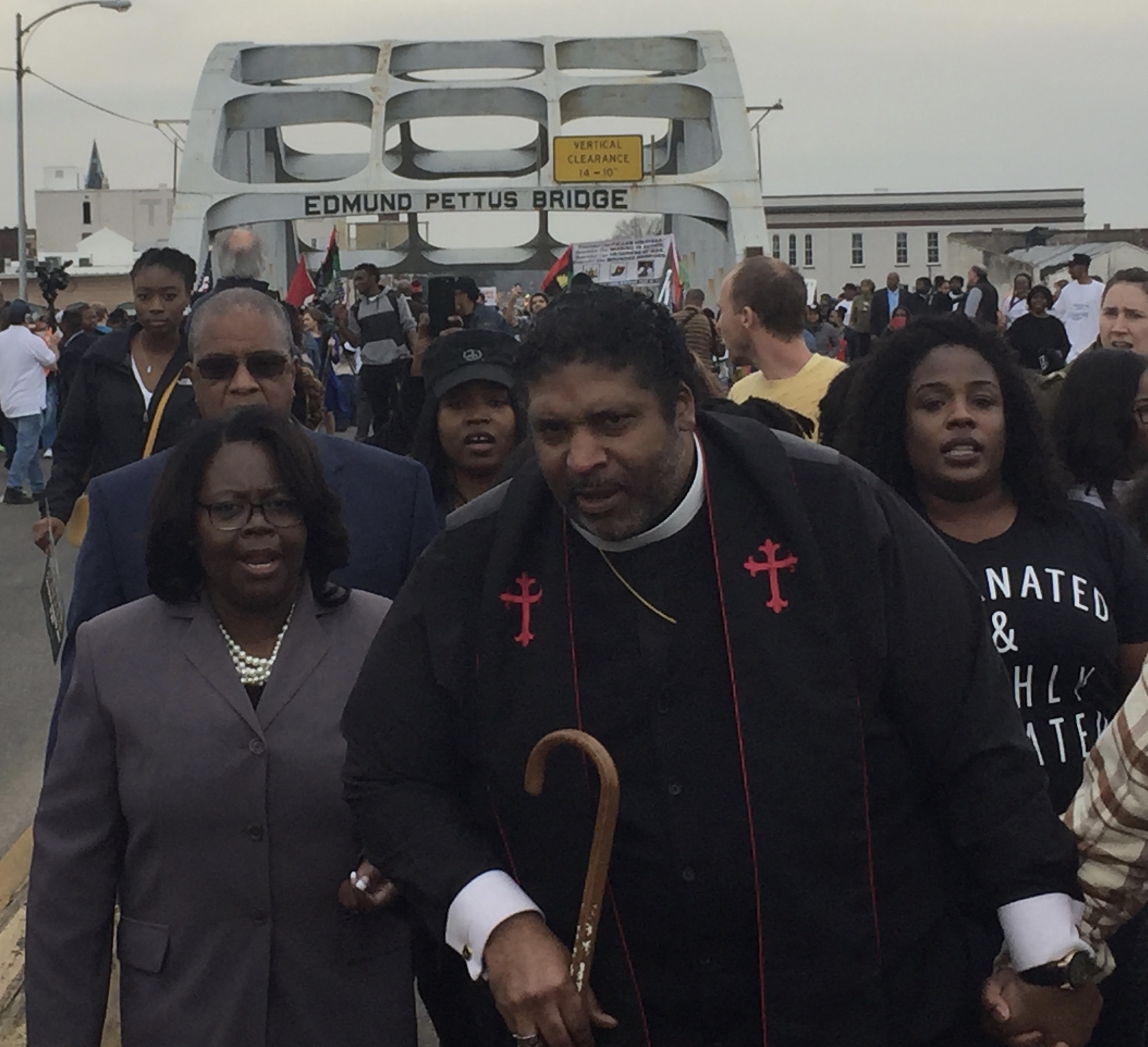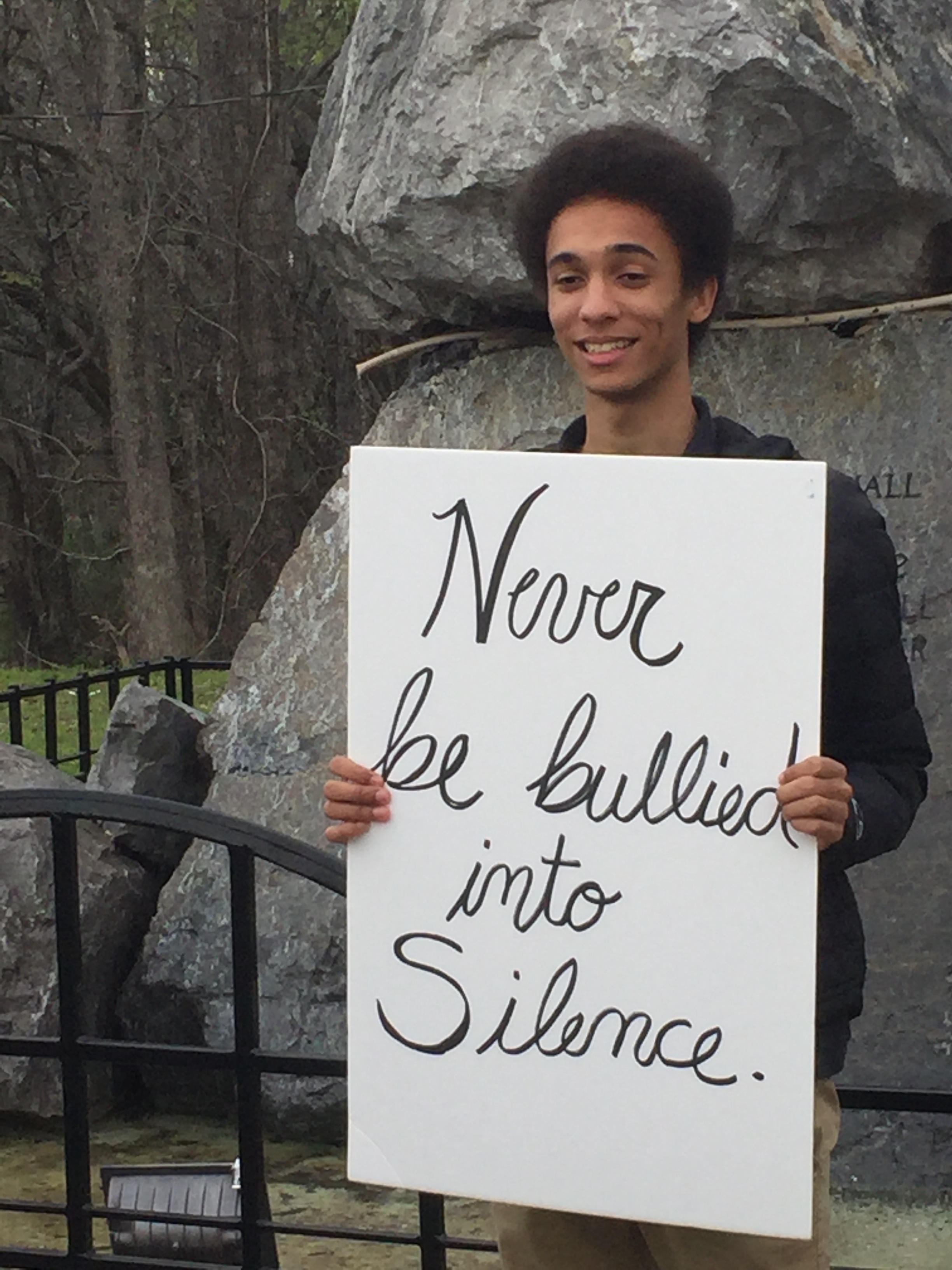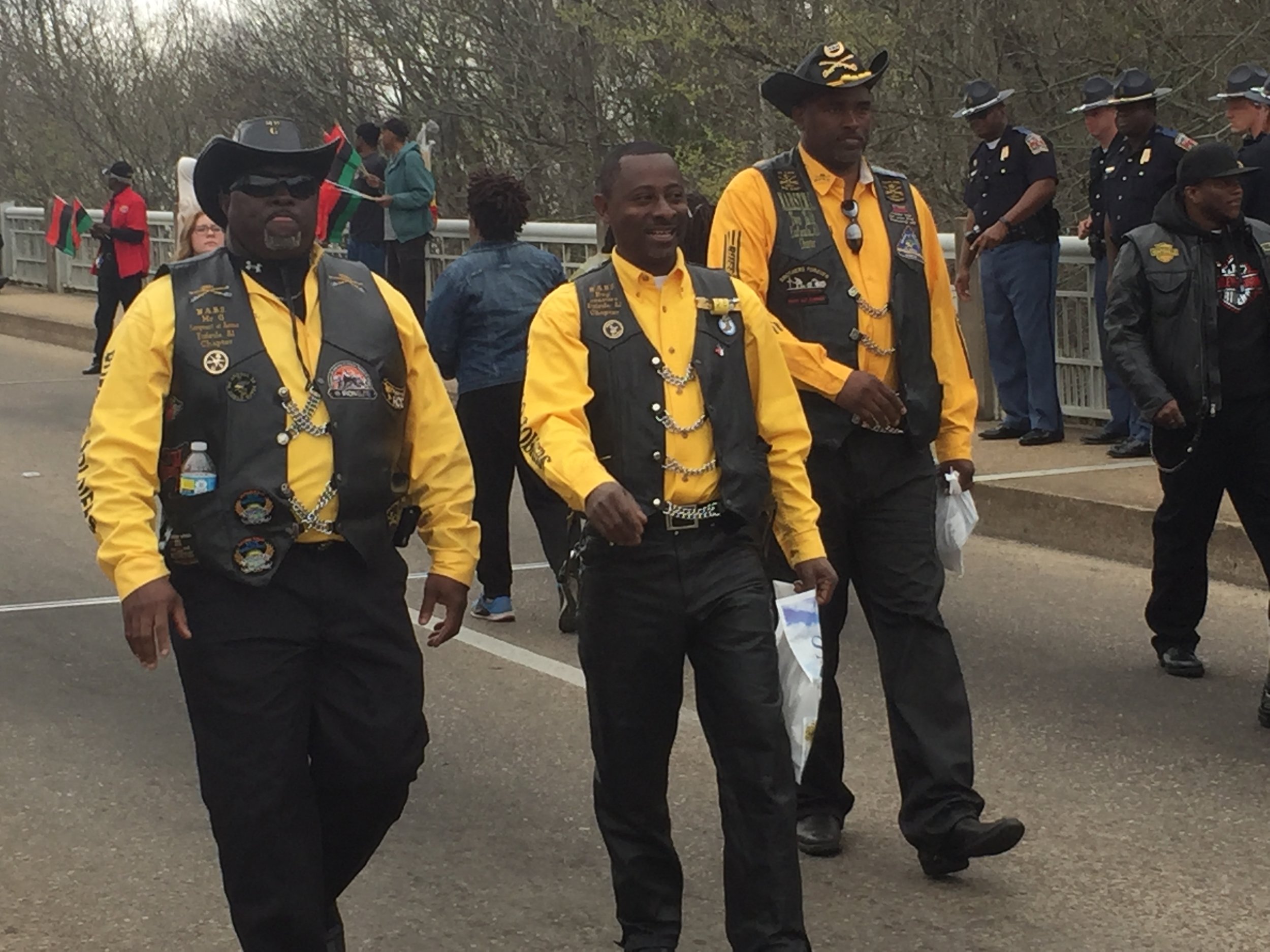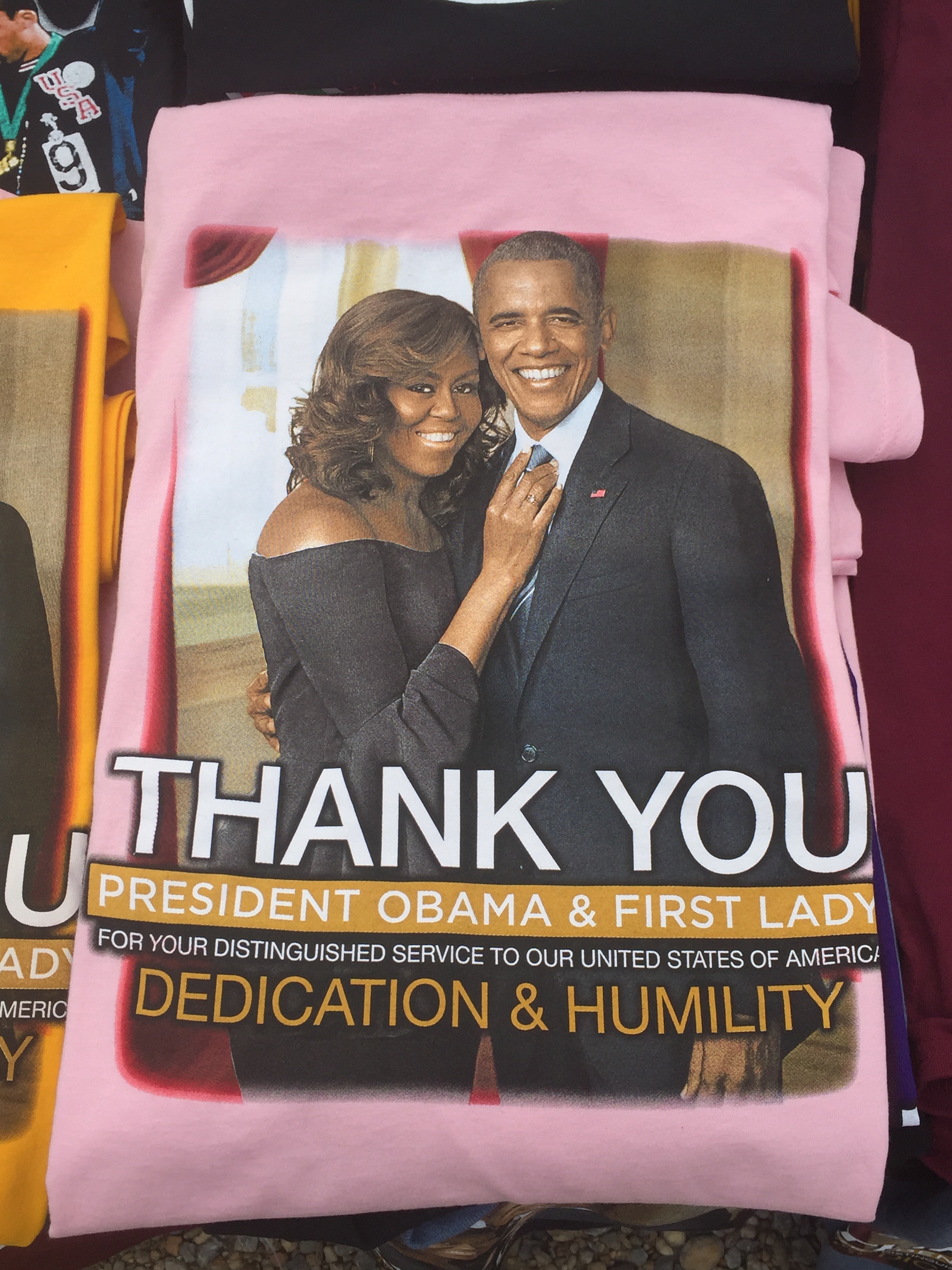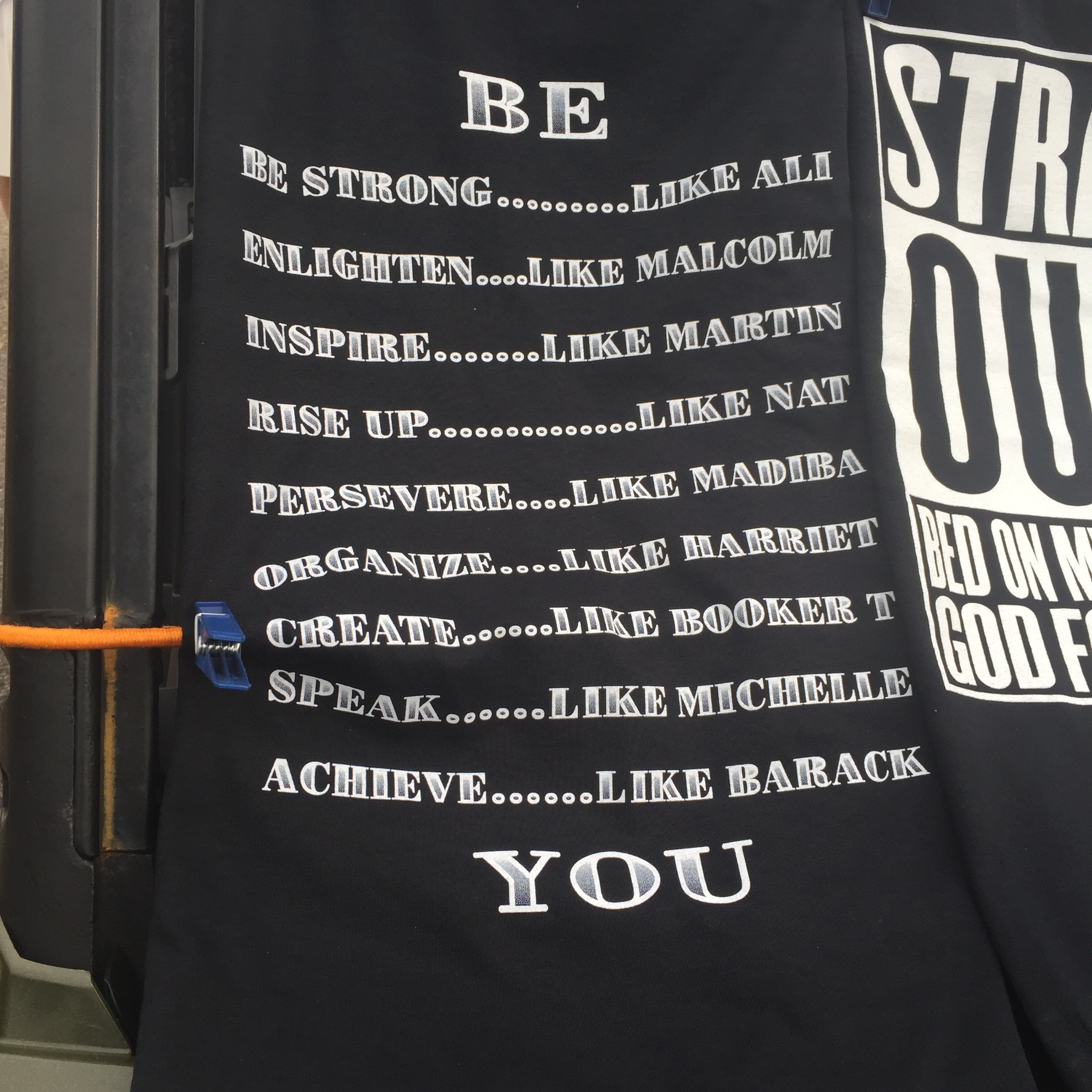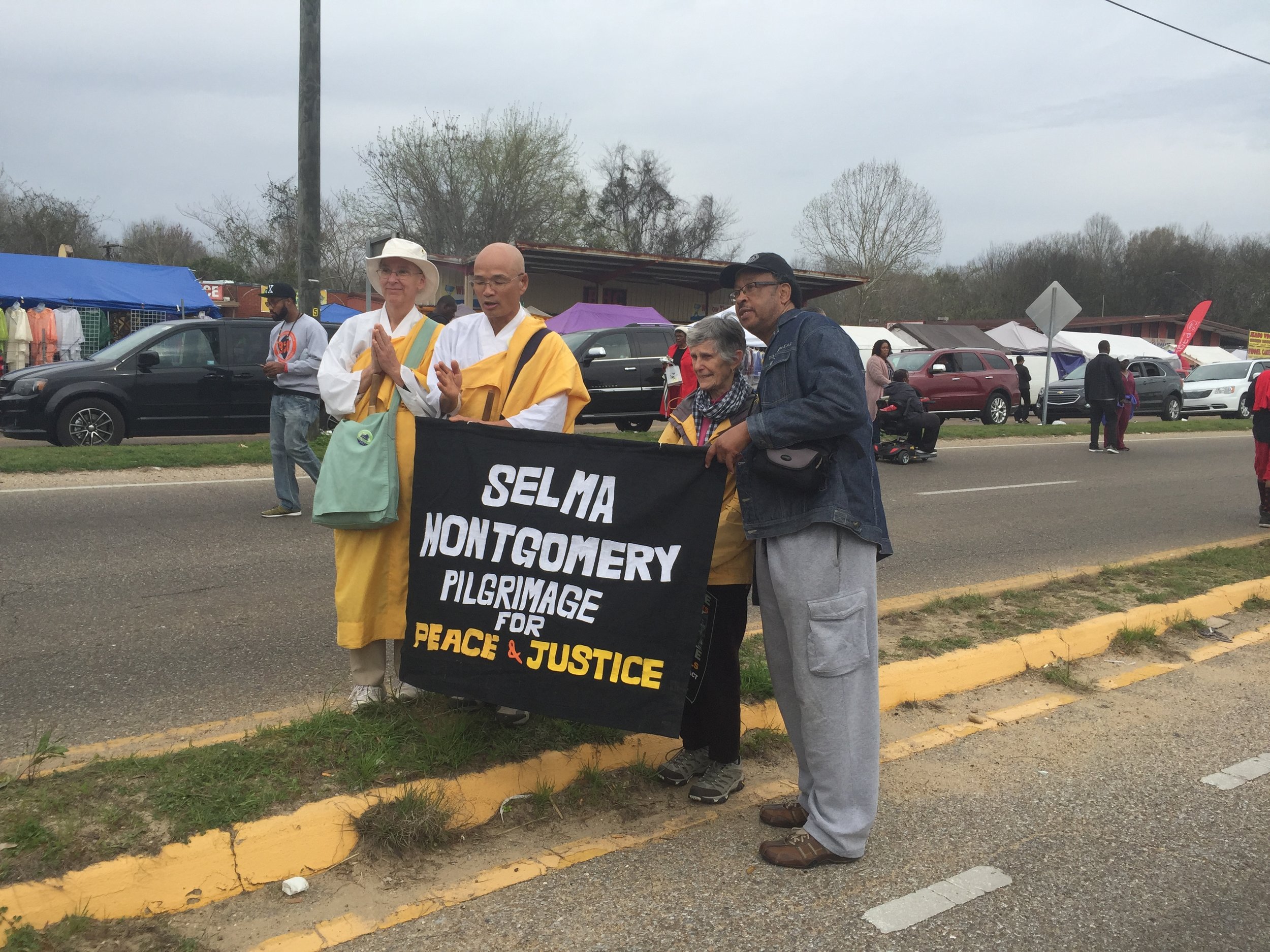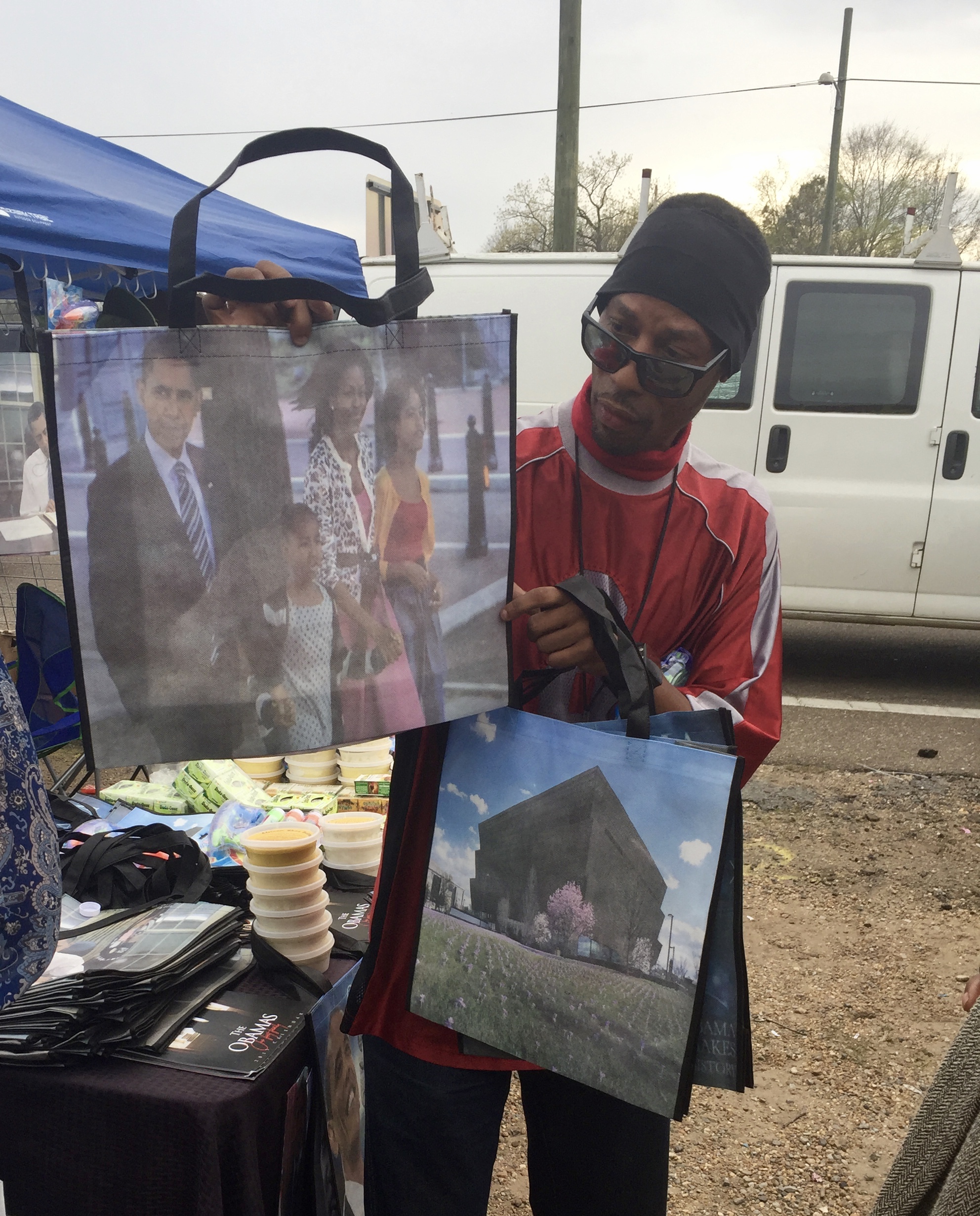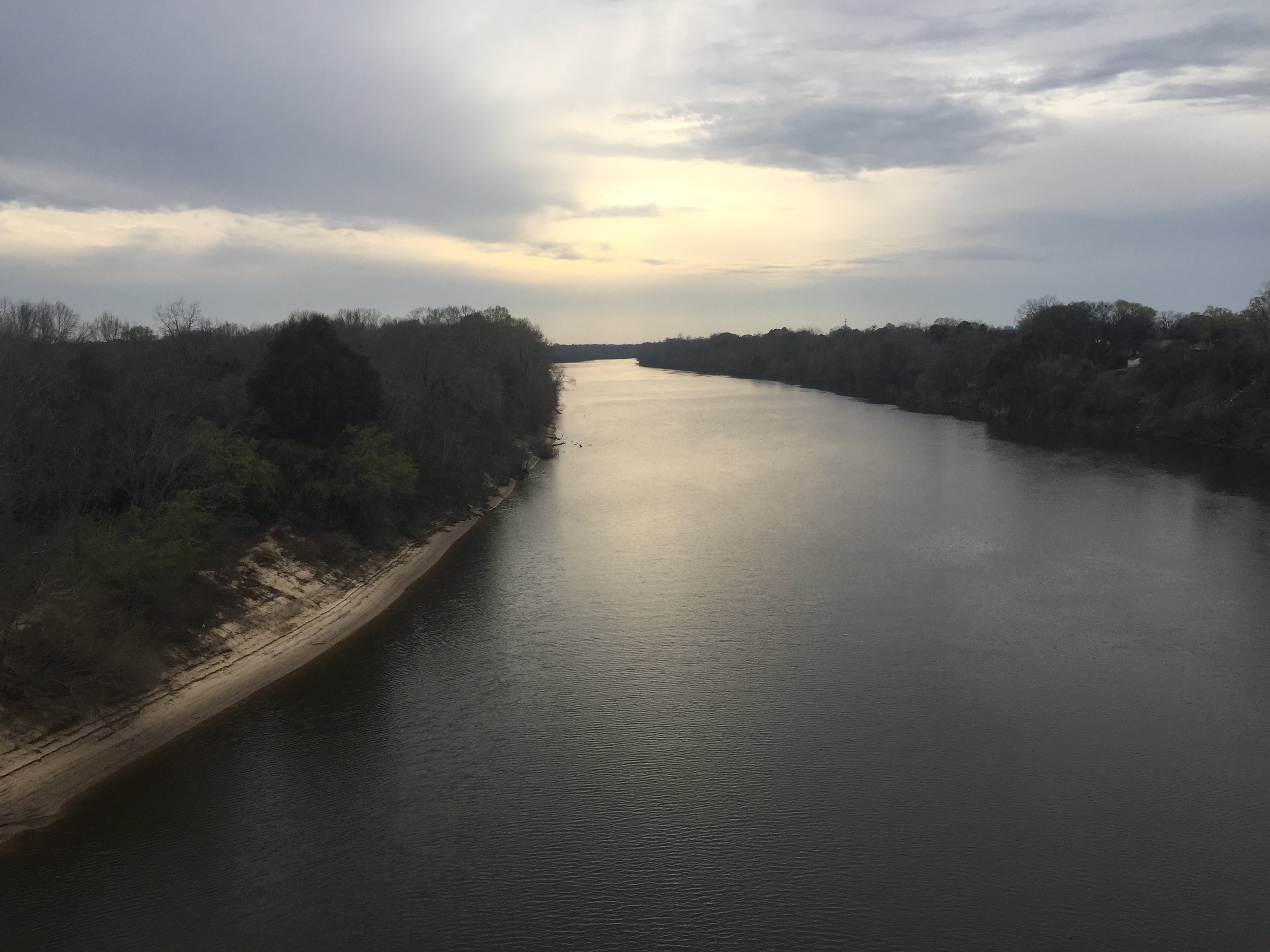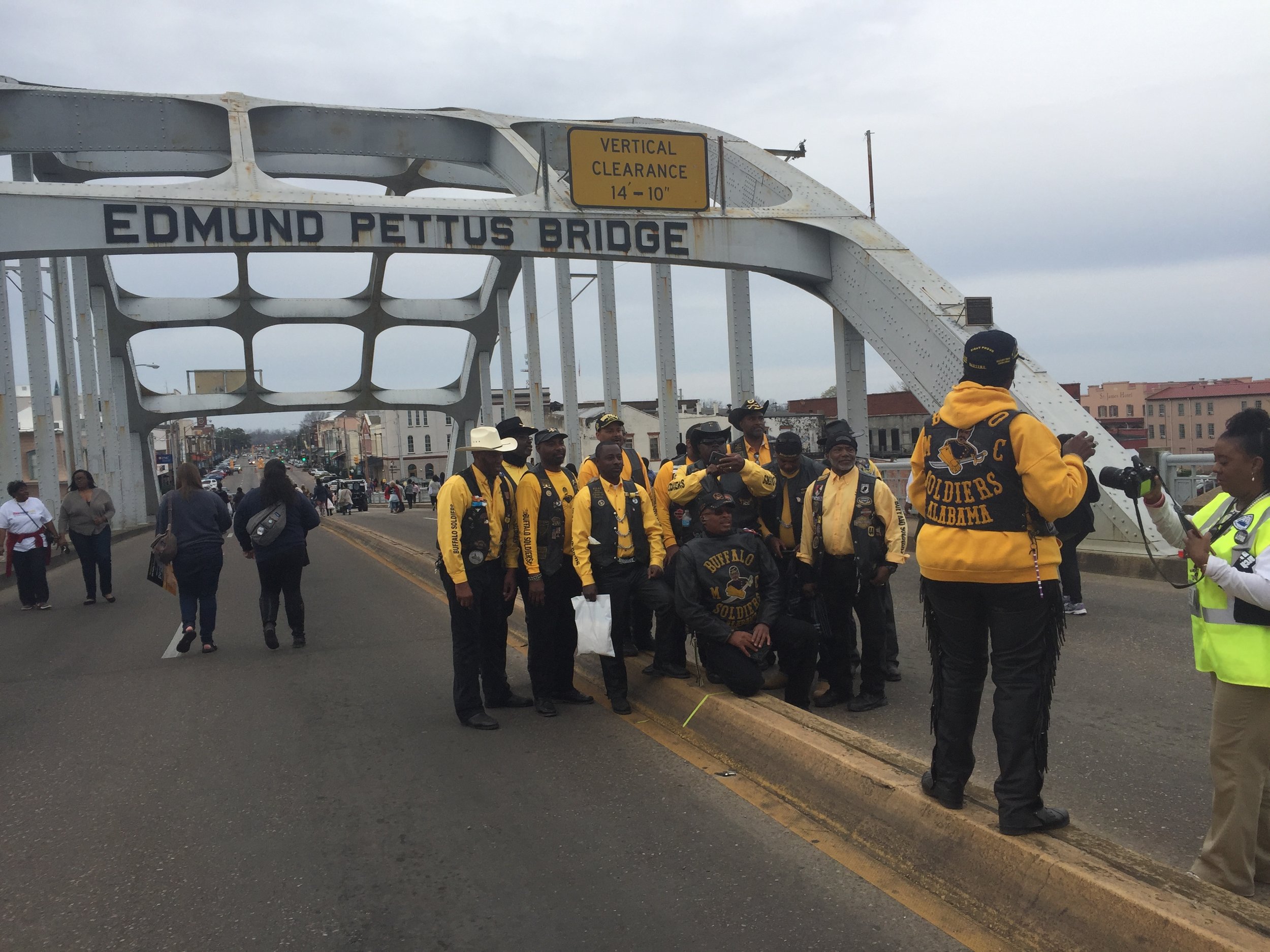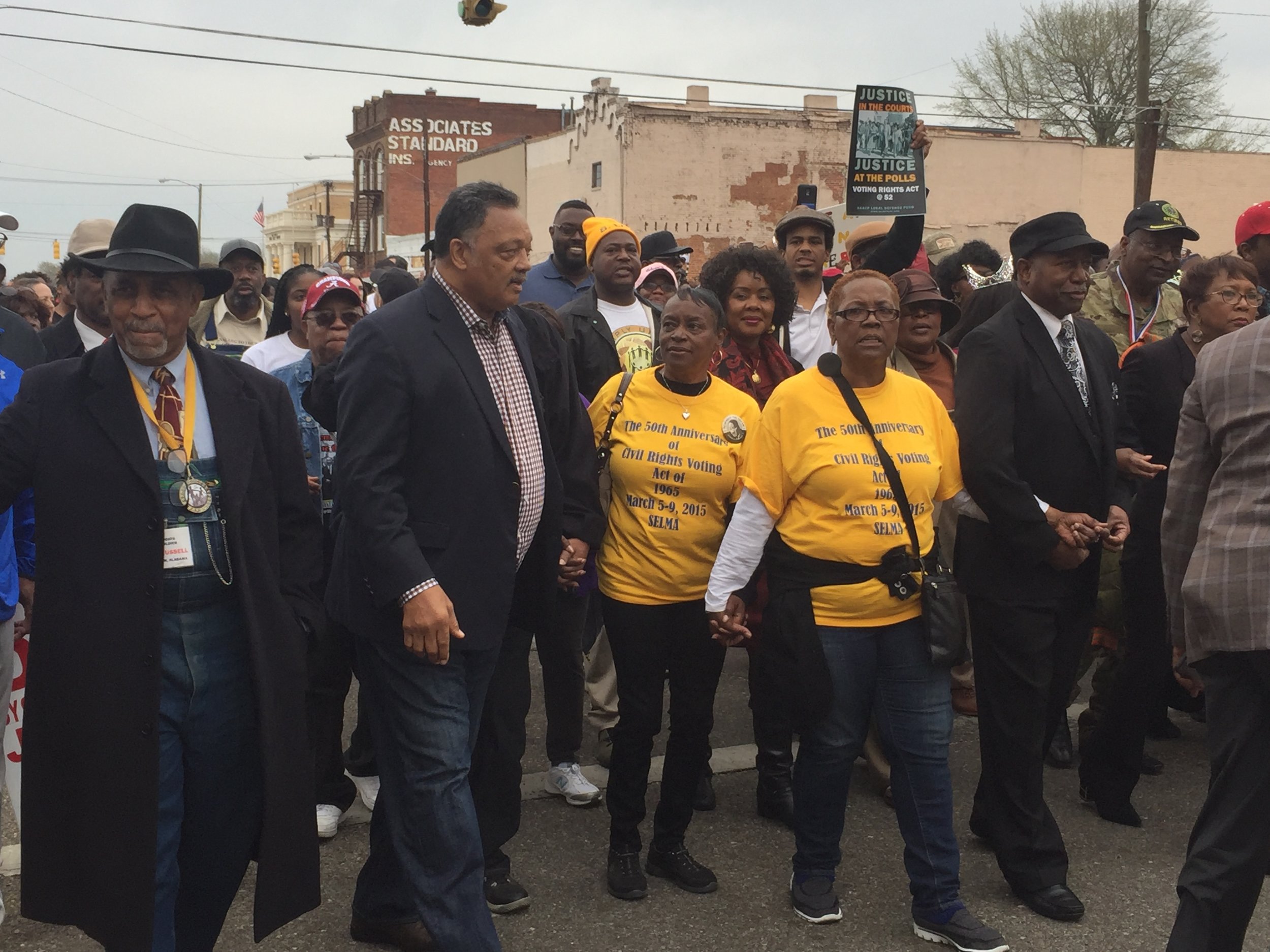NASHVILLE - Trump's rally in Nashville Wednesday was typical of what we've seen from this campaign for a year: Understaffed, poorly organized and - thanks to his supporters - a huge success.
Nashville Municipal Auditorium holds about 8,900 people, but the campaign gave out digital tickets to anyone that asked. People started lining up at dawn for seats for the 6:30 p.m. rally. The line grew and grew, with many more people than the venue could hold. There were no volunteers organizing the line - some people were stuck for an hour in what turned out to be a "fake line," before being sent to the back of the real line. There were no campaign staffers communicating with the people who were waiting in sub-freezing temperatures to see their president - and waiting mostly in vain. There were no overflow rooms or outdoor screens so the people outside could watch.
The doors opened at 3:30, but TSA and the Secret Service had only a handful of metal detectors on hand, so screening was ridiculously slow. Trump delayed his speech by a half-hour, and there were still hundreds of empty seats when he started because of the inadequate security planning.
I was one of thousands still in line when Trump began speaking. I was at least five blocks from the front door, and there were hundreds of people behind me in line. A police officer told us there was no way we'd make it inside, but many of the faithful refused to give up. They watched the speech on cell phones if they could, or vowed to watch it when they got home.
"Even if we don't get in, this was still worth it," a young woman waiting with me said.
"Just to see this many people," said another. "It gives you hope."
The people in the Trump line were quiet, patient and friendly as can be. They policed themselves, ejecting line-jumpers to keep things orderly. They had nothing but positive things to say about their president. If there are Trump voters in Tennessee having buyer's remorse, they weren't freezing their buns off in line Wednesday afternoon.
I left the line to check out the protesters up front, which was a considerably louder group. The protesters were only loosely organized, and improvisational in their signs and chants. There were thousands of them as well, expressing their views in a handful of small rallies throughout the day and a free-form demonstration outside the arena.
There were a few harsh words exchanged between Trump and anti-Trump forces. One confrontation ended with the protesters shouting down a Trump supporter with the classic Southern put-down: "Bless your heart."
As we used to say in the Tennessee country weekly where I once toiled, a fine time was had by all.
Here are a few photos from the event. Click on the image to see the next photo.



















